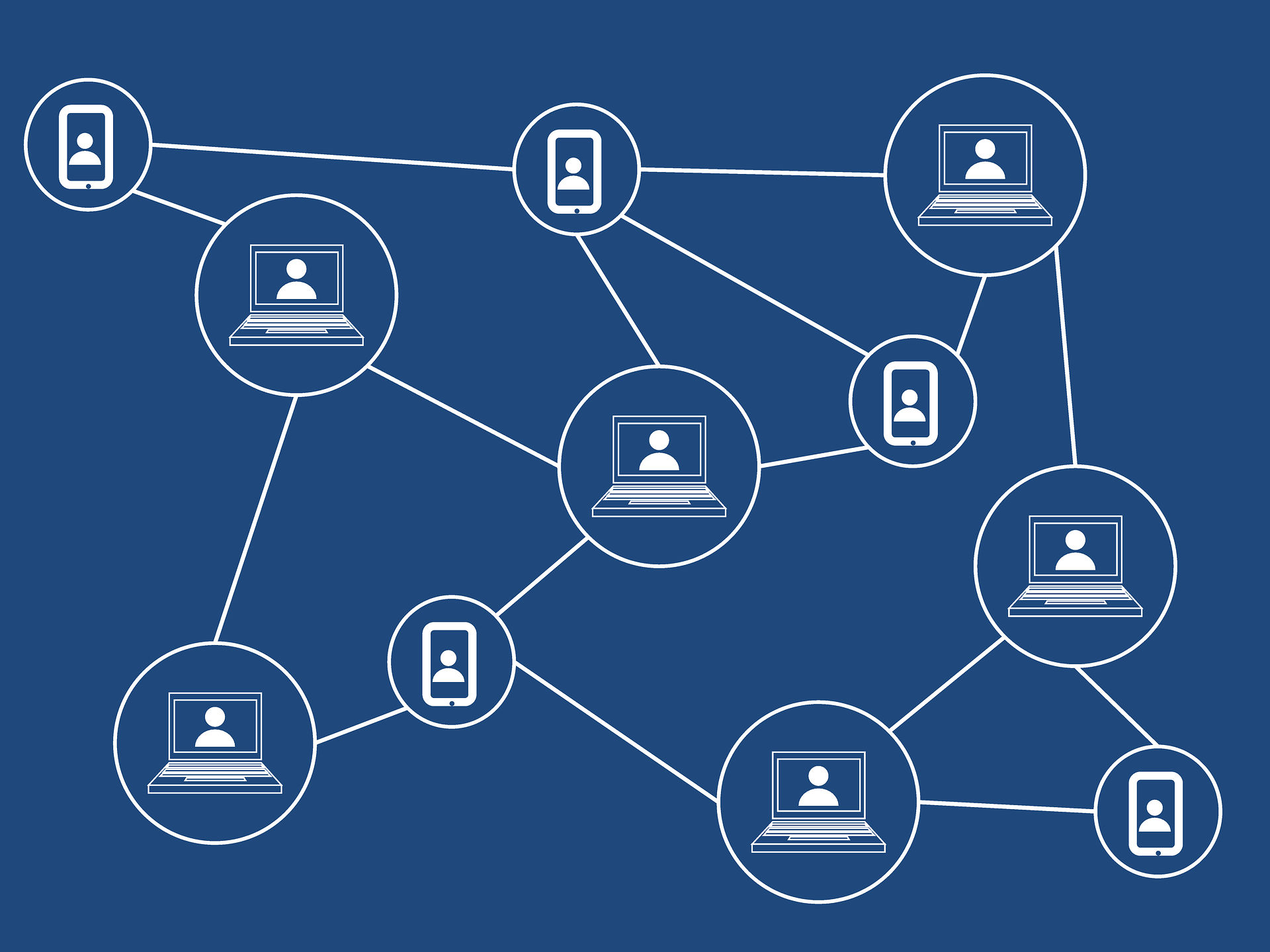Hedera Hashgraph, an enterprise-grade public network for the decentralized economy, is a member contributor to the newly released Voluntary Ecological Markets Overview whitepaper, published today by the InterWork Alliance Sustainability Business Working Group. In addition, a number of applications building on the Hedera network are lending their support for the initiative, and plan to incorporate the reference architecture into their ongoing implementations.
The InterWork Alliance created the Voluntary Ecological Markets Taskforce (VEM) to define the standards for tokenization of key elements for carbon credits, including contractual extensions, workflows, and analytics for creating a standards-based ecological market. These standards, based on the IWA’s Token Taxonomy Framework (for token standards) and InterWork Framework (for smart contract standards), will serve as foundations for using distributed ledger technologies (DLTs) to create an auditable ecosystem. The same techniques and instruments defined for carbon can be repurposed for other ecological benefit types, such as water.
In addition to Hedera staff working with other members of the IWA to define the standard, numerous applications building and running on the Hedera network, including those from atma.io, an Avery Dennison digital venture, EDF, Envision Blockchain, Dovu, Recdefi and SUKU, plan to leverage this architecture in their offerings.
“Interwork Alliance members are continuously working together to articulate a path for addressing the industry’s token standardization needs,” said Darko Pilav, Interwork Alliance Sustainability Business Working Group chair and director of Client Experience Engineering at Digital Asset. “This white paper is an important piece of work that will help standardize the ways businesses deliver anticipated voluntary ecological market tokenization benefits to the ecosystem. Our role is to define the standards needed for tokenization across sustainable initiatives. The great effort put forward by the sustainability working group and the voluntary ecological task force to deliver these guidelines is one of many initiatives we are addressing today.”
“Collaboration is one of the key signals of the maturation of any industry, and the work being done by the InterWork Alliance on a number of fronts, particularly sustainability, signals keen interest in adoption of distributed ledger technology to deliver on the promise of carbon credits and other sustainable development initiatives,” said Ken Anderson, chief developer advocate for Hedera Hashgraph. “We are pleased to contribute to this important industry initiative, especially around the areas of token specifications to define ‘what is a carbon credit’, and how to provide granular auditability of tokens. It is also great validation that our ecosystem is already actively leveraging the token taxonomy initiative and native capabilities of the Hedera network to leverage tokenized carbon credits and usher in an era of transparent sustainability at scale.”
Applications building on the Hedera network that will leverage this reference architecture include:
Avery Dennison | atma.io
“We’re excited to see the development and release of Standards from the Interwork Alliance VEM Taskforce and subsequent activity within the Hedera ecosystem. atma.io, an Avery Dennison digital venture, believes in a future of transparent sustainable goods and supports calculating carbon footprints for billions of goods across supply chains. These Standards for both carbon credits and carbon emissions tokens make end-to-end traceability and transparency possible across organizations and industries.” – Max Winograd, vice president, Connected Products at Avery Dennison Smartrac
Électricité de France | Edf.fr
“The Hedera Token Service (HTS) is an innovative Distributed Ledger Technology that we look forward to evaluating for energy and sustainability use cases such as Renewable Energy Credits and carbon offsets, which are in line with our mission to build a net zero carbon energy future. Standardization is always a challenge for scaling up new technologies in complex regulatory environments, and we appreciate Hedera’s partnership with the InterWork Alliance to help define tokenization standards that can be utilized by the next generation of sustainability-focused financial applications.” – Gilles Deleuze, principal researcher, Systems Risk Assessment, EDF R&D
DOVU | dovu.earth
“DOVU’s mission to create a tokenized data economy for carbon offsetting is bolstered by Hedera’s partnership with the Interwork Alliance and the work of the VEM Taskforce. We’re committed to adopting these standards as they’re made available and driving innovation to extend Core Carbon Principles to work in the real world with both the design and reference implementation for decentralized applications dedicated to sustainable initiatives, through our HIPs and dNFT technology.” – Irfon Watkins, Co-Founder and CEO at DOVU
Envision Blockchain | envisionblockchain.com
“The Hedera network is uniquely positioned to accommodate a diverse range of sustainability use cases. For example, with regards to ecological projects and the data produced by IoT devices, high throughput is easily handled via the Hedera Consensus Service. On the subject of data from ecological projects, the Hedera DID method (which is recognized by W3C standards) enables for verified credentials to act as a chain of trust. Lastly, as a system integrator, it’s great to see the growing Hedera ecosystem of tooling we can leverage when developing end-to-end solutions for our clients such as the Hedera Token Service and Guardians.” – Daniel Norkin cofounder and CEO, Envision Blockchain Solutions
RECDeFi | recdefi.com
“The movement to create a global standard for renewable energy, carbon offsets and other tradable environmental commodities reached a key milestone with the release of InterWork Alliance’s new standards for Voluntary Ecological Markets. IWA’s rigorous approach will help establish new marketplaces like RECDeFi that can both democratize and accelerate clean energy generation and carbon reductions.” – RECDeFi cofounder Steve Frenkel
SUKU | Suku.World
A suite of Hedera-powered supply chain finance applications developed by the company SUKU focuses on sustainability while creating a link between open finance, traceability, and transparency. “Hedera’s eco-friendly public network and partnership with the IWA enables SUKU Sustain and Omni to deliver on its promise of offering brands and consumers with a big-picture analysis of how products impact the environment. Standardizing carbon accounting and tokenization is important for SUKU and the offset ecosystem at large — we’re proud to play our part in creating demand for sustainable services and solutions in the supply chain sector.” Yonathan Lapchik, CEO at SUKU












